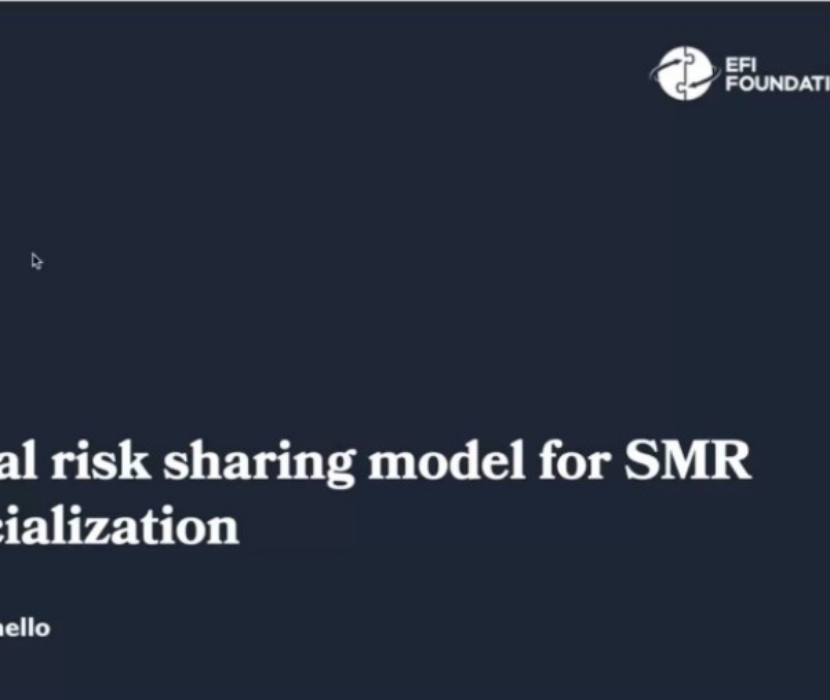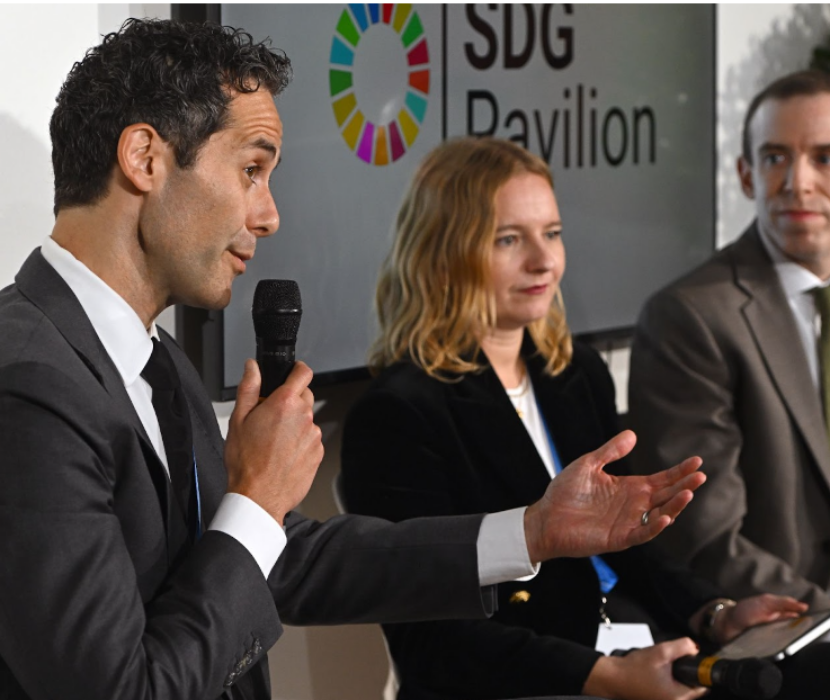
In a December 4 interview with David Folkenflik on NPR’s “All Things Considered,” EFI CEO Ernest Moniz discussed the role in our clean energy future of nuclear fission and of nuclear fusion — which would be a potentially revolutionary advancement.
Nuclear energy today is by far the largest source of carbon-free electricity in the United States.
Ernest Moniz
As an advocate for clean energy, Moniz pointed out that “nuclear energy today is by far the largest source of carbon-free electricity in the United States.” He acknowledged concerns about safety regarding nuclear reactor accidents and confirmed that “since [Three Mile Island], the Nuclear Regulatory Commission in the United States certainly has upped the ante…And there’s every indication that plants are running quite safely.”
He emphasized the challenging nature of the 2030 and 2050 climate commitments made by the United States during COP26, the twenty-sixth annual international climate summit hosted in Glasgow Scotland, and urged strong decarbonization efforts. Through these commitments, the U.S. strives to reduce emissions by 50% relative to 2005 levels by 2030 and produce net-zero emissions by 2050.
On the subject of nuclear waste, Moniz agreed that “addressing the nuclear waste issue is extremely important,” but that it is a product of nuclear fission. Moniz explained that nuclear fission is a process that breaks up uranium to produce energy with fission products, which “are lighter nuclei that are radioactive.” This process has been the default and unavoidably results in nuclear waste.
However, the fabled process of nuclear fusion is on the horizon and would release vast amounts of clean energy without producing nuclear waste. Moniz said he hopes that we’ll be able to demonstrate nuclear fusion technology toward the end of this decade and begin to determine its real-world costs.
–Angie Kaufman
(Share this post with others.)




